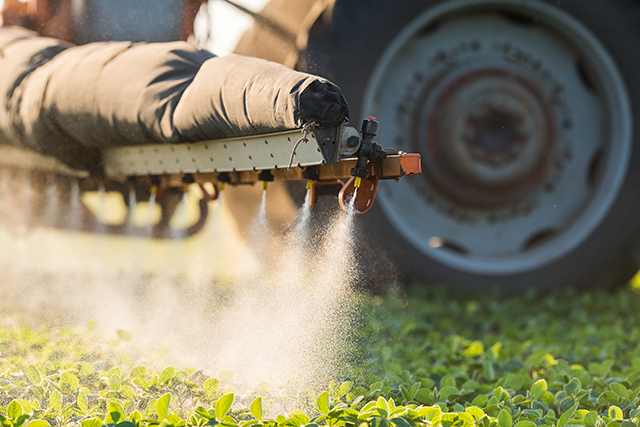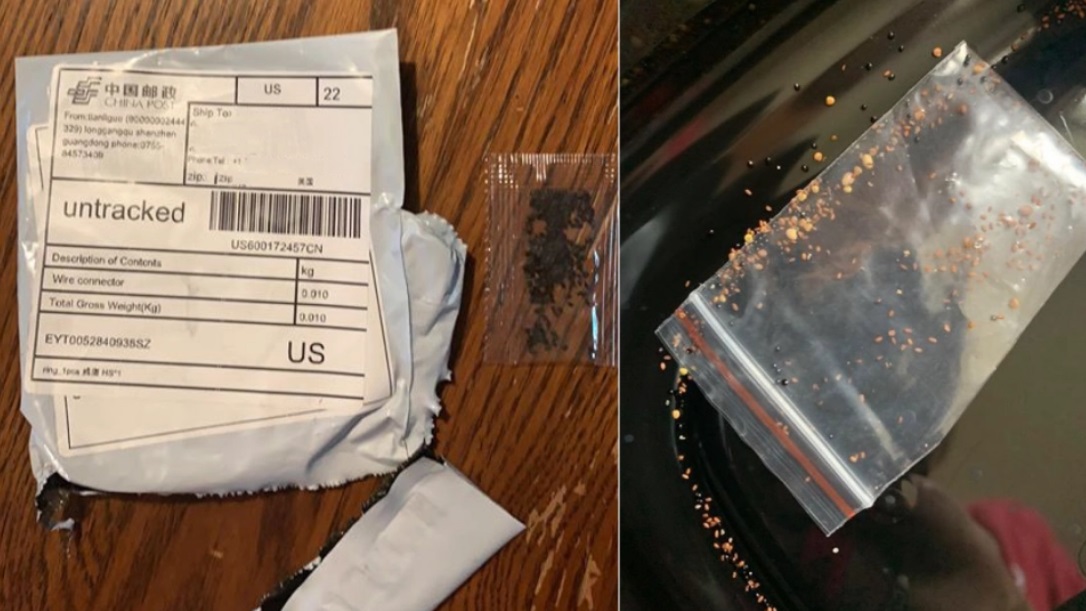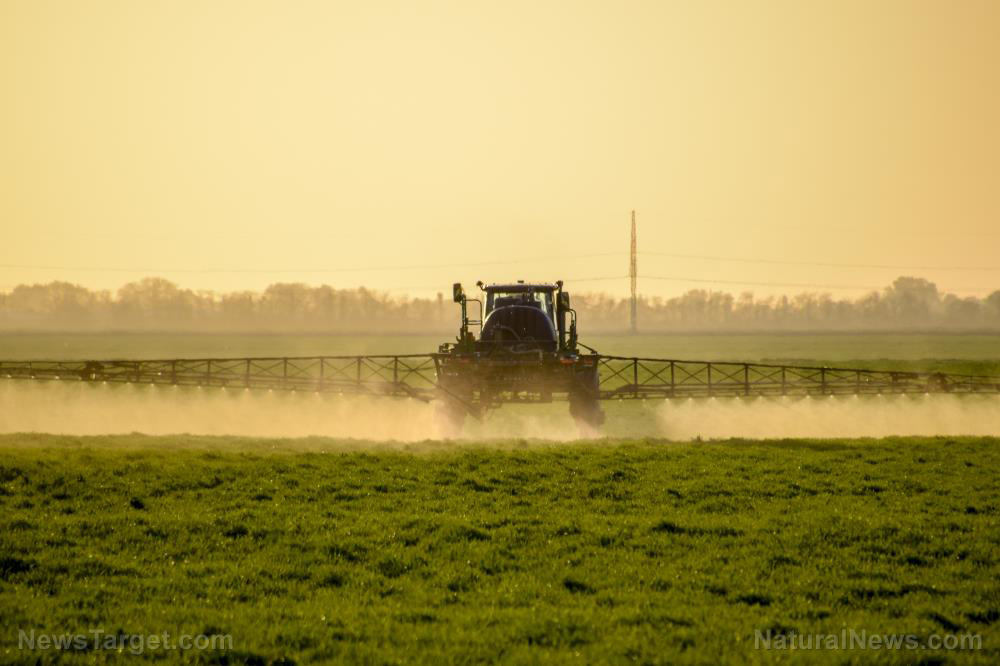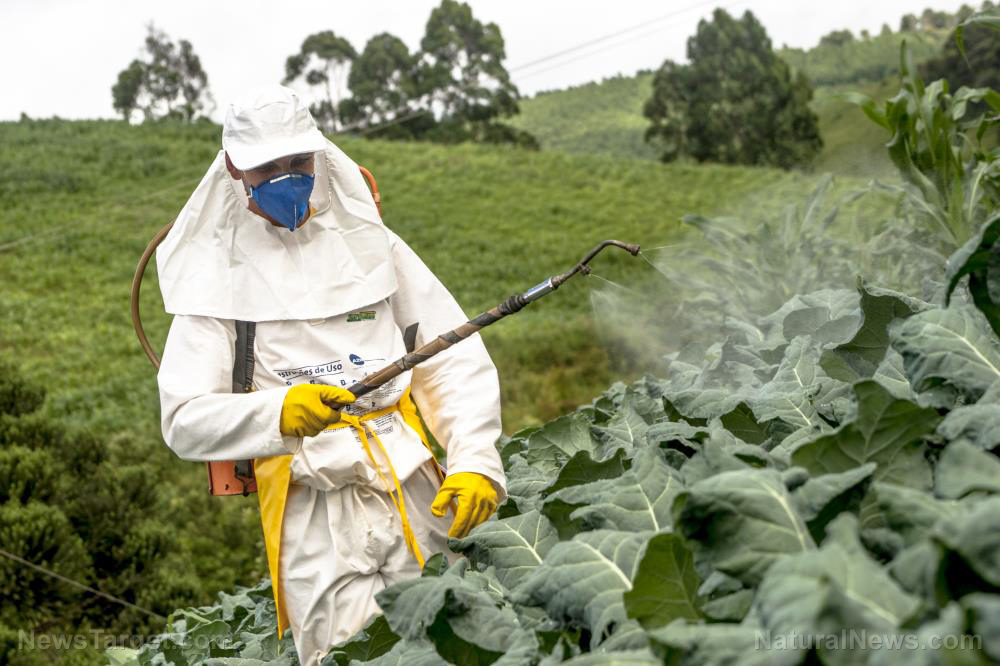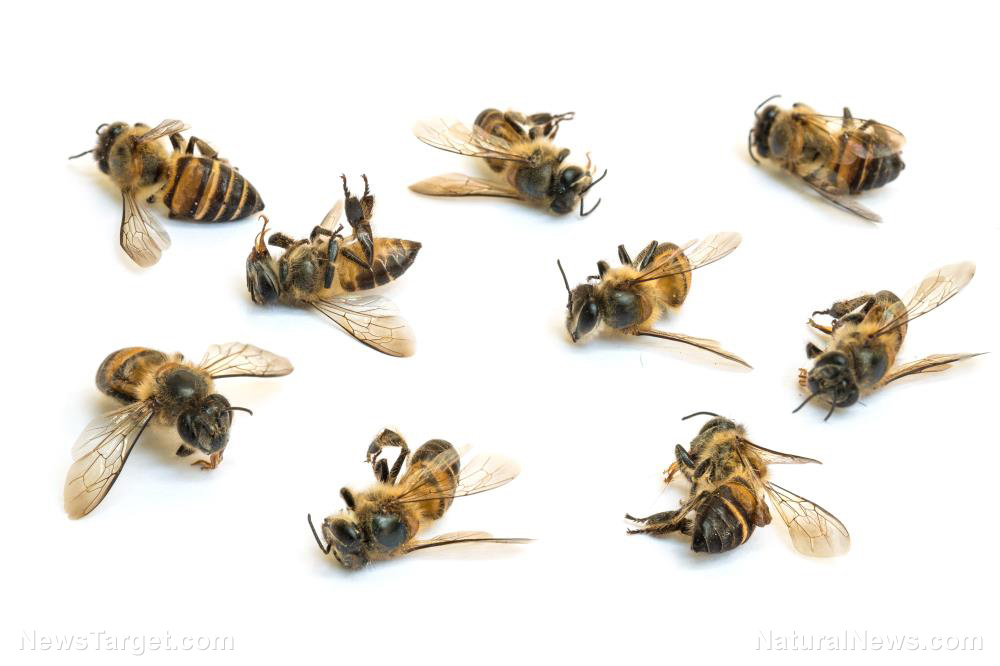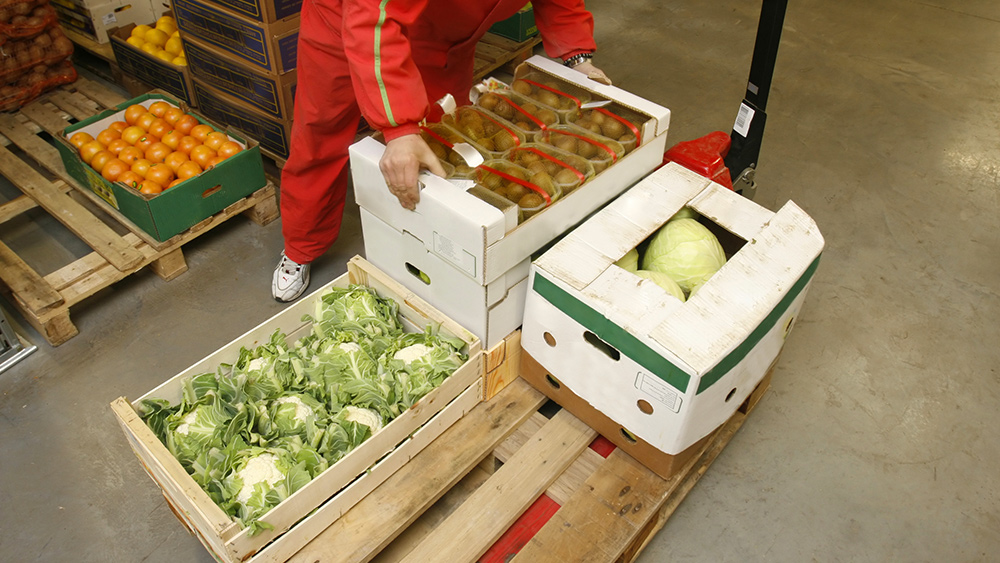Tell Congress to support PRIME Act to keep local farmers in business
08/06/2020 / By Ethan Huff

A legislative bill that Kentucky Congressman Thomas Massie has been trying to get passed for five years is finally gaining traction thanks to the Wuhan coronavirus (COVID-19).
Known as the PRIME Act, short for the Processing Revival and Intrastate Meat Exemption Act, this combined Senate Bill 1620 (S. 1620) and House Bill 2859 (H.R. 2859) would allow meat to be processed at custom slaughterhouses as opposed to just mega-processing facilities, giving a major leg-up to small-scale producers.
As you probably know, the food system in our country has been broken for a very long time. And this brokenness has only intensified as a result of the lockdowns and other measures that have resulted in our economy taking a huge hit.
With fewer and fewer large processing facilities currently running due to the plandemic, many farmers are unable to even get their goods processed at all, meaning it is all having to be dumped.
In some areas, these producers have been able to attain special permission to sell directly to consumers. But this only goes so far, and really does not fix the problem, which desperately needs fixing.
“When CEO and legacy family member John Tyson looks at a CNN camera and says ‘the food system is broken,’ that’s a big hairy deal,” writes Joel Salatin for The Lunatic Farmer. “He and his ilk have spent their lifetimes creating this system that now can’t get burgers to Wendy’s and is foaming chickens, breaking broiler eggs, dumping milk, and euthanizing hogs.”
“So imagine that rather than 100 mega-processing facilities around the country handling 80 percent of the meat, poultry, and dairy, we had 200,000 small facilities scattered all over, distanced, if you will, doing this processing?”
The PRIME Act would accomplish this by changing the way that custom slaughterhouses currently operate. Rather than require health department and USDA (United States Department of Agriculture) sanitation oversight, which in many cases are not available, abattoirs would be put in place to simplify and streamline the process.
“Right now, custom slaughter houses that do beef, pork, and lamb are under health department and USDA sanitation oversight, but they do not have an inspector or the inspector’s paperwork on site,” Salatin further explains. “These abattoirs service a person who brings in a live animal and wants it custom processed, like if you wanted to commission a woodworker to make a special table for your dining room.”
“Without all the onerous inspection paperwork and under-foot bureaucrats, these smaller community-based abattoirs can operate easier and cheaper.”
PRIME Act would also eliminate prohibitively expensive licensing that keeps smaller slaughterhouses from operating
The current system also restricts many smaller slaughterhouses from operating at all because the inspections, licensing, infrastructure, and other compliance requirements simply cost too much. The minimal compliance requirement to even get a license to operate is estimated at around $1 million – Who can afford that?
The result is that Joe farmer with one cow cannot even legally sell a pound of ground beef to a neighbor without having the meat shipped elsewhere to be processed at a large-scale facility. And if that large-scale facility is not operating due to Wuhan coronavirus (COVID-19) shutdowns, then he cannot sell the meat at all, resulting in it having to be dumped.
“The PRIME Act simply says that custom slaughtered meat can be sold within the state,” Salatin says. “The current regulations are both price and poverty discriminatory. In addition, they force massive unnecessary transportation, energy and time.”
The Farm-to-Consumer Legal Defense Fund has put up an easy action form through which you can contact your congressmen and urge them to support the PRIME Act. There has never been a better time to help level the playing field and jumpstart our local food communities.
To learn more about the local food movement, check out FoodFreedom.news.
Sources for this article include:
Tagged Under: action alert, farmers, food supply, freedom, Joel Salatin, local, PRIME Act, slaughterhouses, small scale, thomas massie
RECENT NEWS & ARTICLES
COPYRIGHT © 2017 HARVEST NEWS


